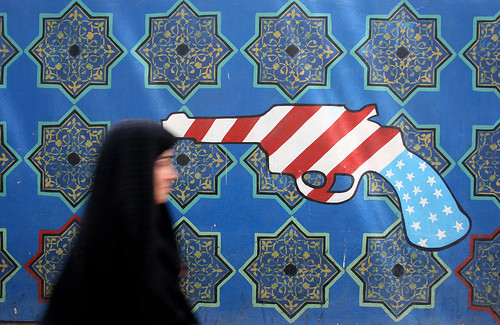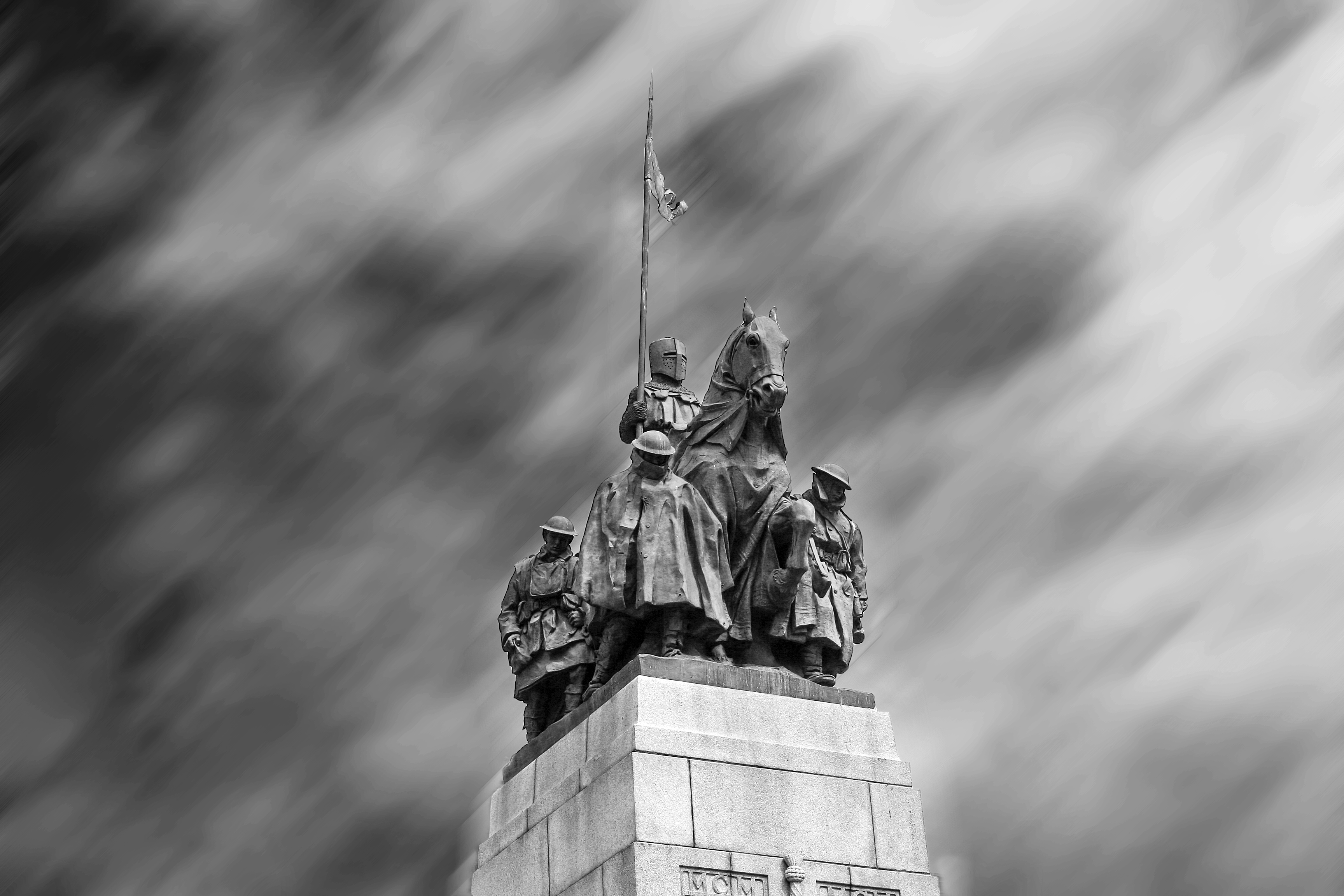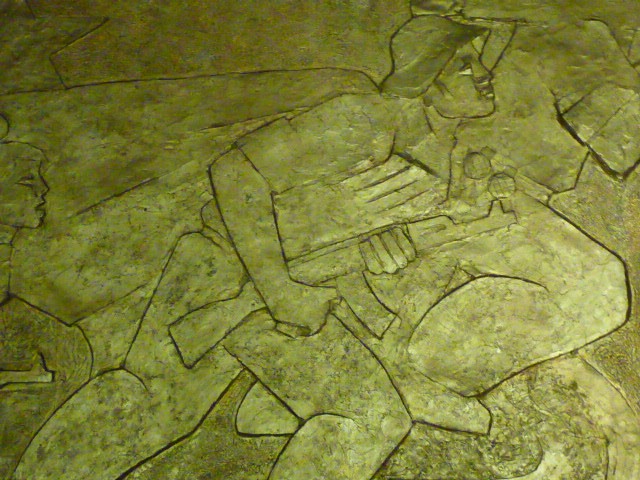
This article was originally published by LSE Review of Books on 10 January 2015.
“As yin and yang are at once interconnected, interpenetrating, and interdependent in an uninterrupted manner, the polarity of the situation essentially rests in them (or the yin-yang continuum).” (p. 16)
Whenever an individual undergoes a new experience there is a point that is known as the light bulb moment. This occurs when the individual moves from participating in an experience to understanding the experience. In other words, a richer and deeper involvement is gained post-light bulb moment. It is likely that reading Deciphering Sun Tzu: How to Read the Art of War by Derek Yuen is very much a light bulb moment for commentators on Western strategic thought, as the quote at the start of this review highlights the secret of the Chinese dialectical system and why it is predisposed to strategic thinking.



